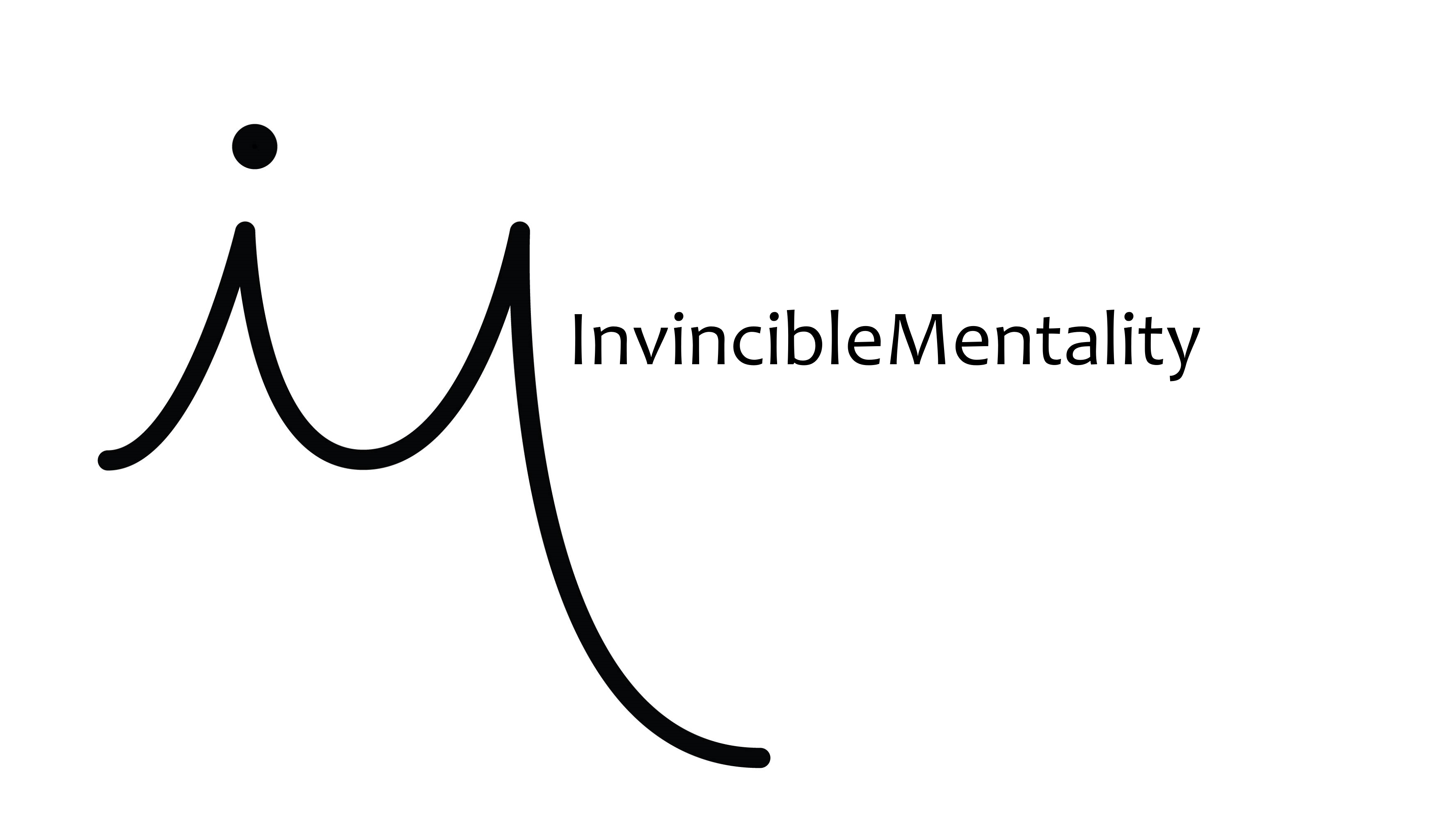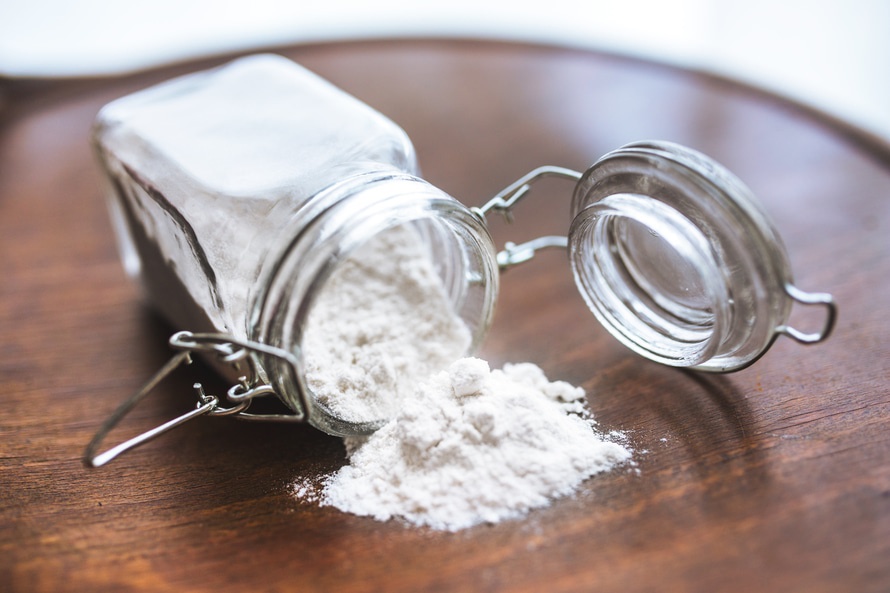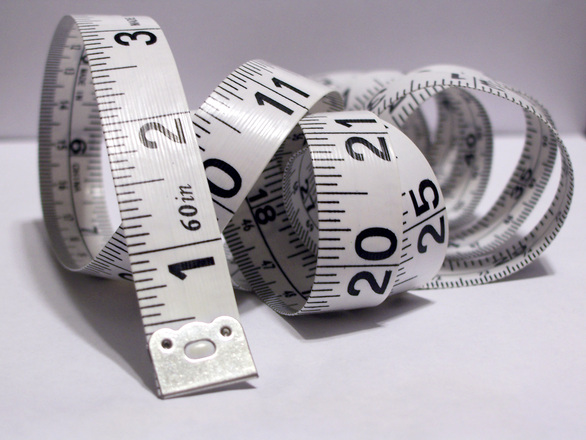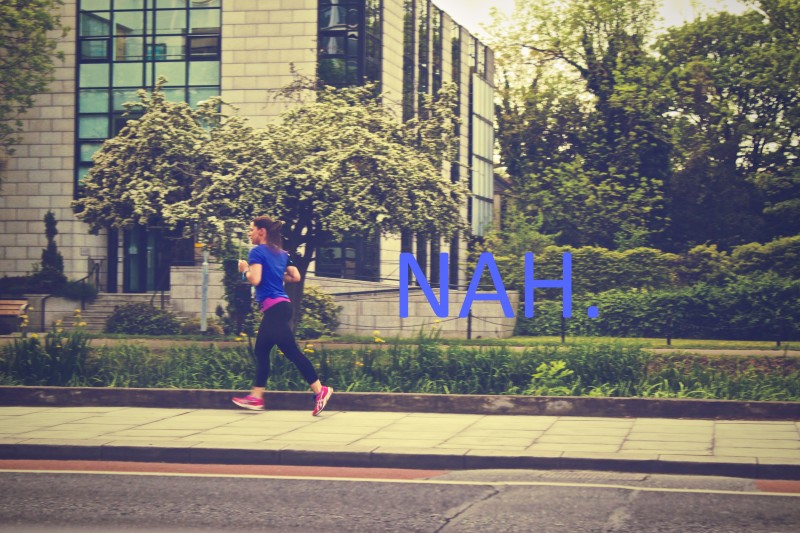The Ultimate Student Guide To Bulking On A Budget
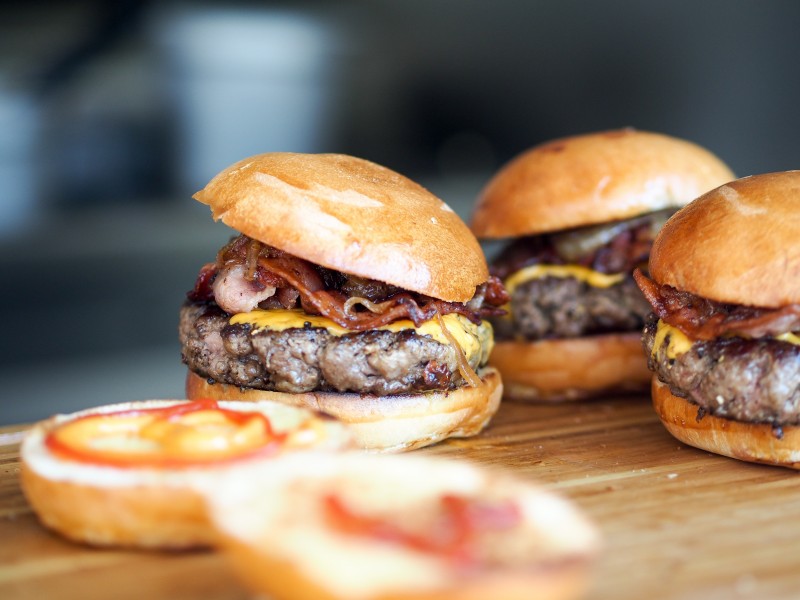
MYPROTEIN Deals – Help me release UNIGAINS Apparel!
Finally, you have decided to put on some muscle mass; you want to transform your physique, your mentality, and your life.
This is the time to make a fresh start and redifine yourself – you are no longer going to be that scrawny guy. Good.
But now you need guidance.. you’re on a tight budget, and you want to bulk – not a good mix…
Luckily for you, you’ve just arrived at the perfect guide to help you bulk whilst on a tight budget.
But first – Do you really know what a bulk is?
The first things first we need to make sure we understand is what an effective bulk is.
Sure, anyone can eat 4000 calories and ‘bulk up’ – but in reality, you are just getting fat.
A calorie calculator (with protein requirement), a four-month bulking workout program, a body progress tracker, and a guide on how to bulk effectively is all included in my FREE UNIGAINS program.
Essentially, we need high protein and low calories – on a budget. Try this and you will soon realize that it is hard as fuck.
I have been experimenting a lot with trying to find foods which are easy to buy (can be bought from a supermarket), are cheap and satisfy typical bulking macronutrient goals.
Below is a list of the main foods which I rely on to get my protein and calorie requirements at a cheap price.
Before we start.. this is not a ‘healthy eating’ guide. The foods here are designed to fit our bulking goals, not our health and well-being. If you are expecting to see lean fillet steak and other expensive shit then you have come to the wrong place.
The foods have been analysed to make them easily comparable, and the ‘percentage of protein/calories’ is based on me; I am 163lbs, 5 foot 9, and currently I need 2800 calories and 160g protein to bulk.
SO LET’S BEGIN! In no particular order…
1. Frozen Pizza
Price per serving – £0.90-£1
Calories – 700-800
Protein – 25g
Percentage of daily protein – 15%
Percentage of daily calories – 25%
Cost per 50g protein – £1.80
Cost per 1000 calories – £1.25
I love frozen pizza – so quick to cook, easy to prepare, and no need to worry about expiry dates. Even though the calories are slightly on the higher side, I still rank it near the top of my list as it makes a great post workout meal due to adequate protein levels as well as high-glycemic carbs.
2. Baked Beans
Price per serving – £0.32
Calories – 370
Protein – 18g
Percentage of protein – 11%
Percentage of calories – 13%
Cost per 50g protein – £0.88
Cost per 1000 calories – £0.86
Beans beans good for your heart… and bloody cheap too. I was shocked when I realized just how much protein there is in beans.. like damn there is a decent amount.. and for the price too, it’s pretty fantastic. Again I love baked beans because all you have to do is shove it in a microwave and you’re done.
3. Natural Yoghurt
Price per serving – £1
Calories – 492
Protein – 32g
Percentage of protein – 20%
Percentage of calories – 17%
Cost per 50g protein – £1.56
Cost per 1000 calories – £2
Again, I was surprised when I saw just how much protein there was in natural yohurt. Convenient and simple – just shove a bit of sugar and honey/jam in there and you have another quick fixer-upper! This is one of the more expensive items on the list, but it tastes so good.
4. Eggs (4 per serving)
Price per serving – £0.33
Calories – 240
Protein – 24g
Percentage of protein – 15%
Percentage of calories – 8.5%
Cost per 50g protein – £0.69
Cost per 1000 calories – £1.38
Obviously this list could not exist without eggs. The protein content always dissappoints me, I always feel that eggs should have way more, but they are the cheapest source. And don’t be worried about cholesterol; studies have not found a direct correlation between cholesterol and heart disease. But if you still are concerned, there are plenty of other foods to choose from.
5. Frozen Fish
Price per serving – £0.50
Calories – 144
Protein – 33g
Percentage of protein – 20%
Percentage of calories – 5%
Cost per 50g protein – £0.75
Cost per 1000 calories – £3.47
One of the healthier options on the menu. I picked these up from Morrisons. Again just slap them in the oven and you’re done. The protein content is superb and of a higher quality than most others on the list. It’s a bit bland, but meh – gotta sacrifice for them gains.
6. Red Kidney Beans
Price per serving – £0.30
Calories – 250
Protein – 19g
Percentage of protein – 12%
Percentage of calories – 9%
Cost per 50g protein – £0.79
Cost per 1000 calories – £1.20
Tastes quite bland. If you find a way to make it taste good please let me know. This is another cheap source of protein with a low percentage of calories. In fact, nutritionally, this may be one of the best foods on the list for protein/carb/calorie mix… shame it tastes shit.
7. Frozen Mince Beef & Pork
Price per serving – £0.64
Calories – 600
Protein – 32g
Percentage of protein – 20%
Percentage of calories – 21%
Cost per 50g protein – £1
Cost per 1000 calories – £1.07
Surpisingly, it is 100% meat (shocking, I know). Now this is a little higher in calories, and I don’t really like the taste too much. However, if you’re struggling to chug down some calories whilst trying to get in some protein, then a slab of minced meat is the way to go!
8. Impact Whey Protein (with water)
Price per serving – £0.29
Calories – 100
Protein – 20g
Percentage of protein – 13%
Percentage of calories – 3.6%
Cost per 50g protein – £0.73
Cost per 1000 calories – £3
I left whey protein for last because I wanted to stress that whey protein is not the only protein you should rely on. Too much of anything is bad for you, especially when it is meant to be a supplement.
Try to get as much of your protein requirement as you can from proper food. I tend to keep the percentage of protein I get from whey to about 1/3 of my daily consumption; I highly doubt that too much of it is a good thing…
To summarize, here is the list of foods in order of the best price/protein ratio:
1. Eggs
2. Whey Protein
3. Frozen Fish
4. Red Kidney Beans
5. Baked Beans
5. Frozen Mince Beef/Pork
7. Natural Yoghurt
8. Frozen Pizza
Well there you have it, these are the foods which I basically live off for my protein needs.. and yes, I did leave out tuna because it is pretty damn expensive. £1 for just 20g protein? No thanks, I will just have a frozen pizza with 700 calories instead (tastes way better too).
Of course, the remainder of your carbs and calories can be filled with rice, pasta, porridge, oats etc, just make sure you are getting your protein requirements whilst not exceeding your calorie limit!
NOW LET’S MAKE SOME UNIGAINS!
-Mike
Any suggestions, comments, or questions? Ask at mike@unigains.com, or @unigains on Twitter
